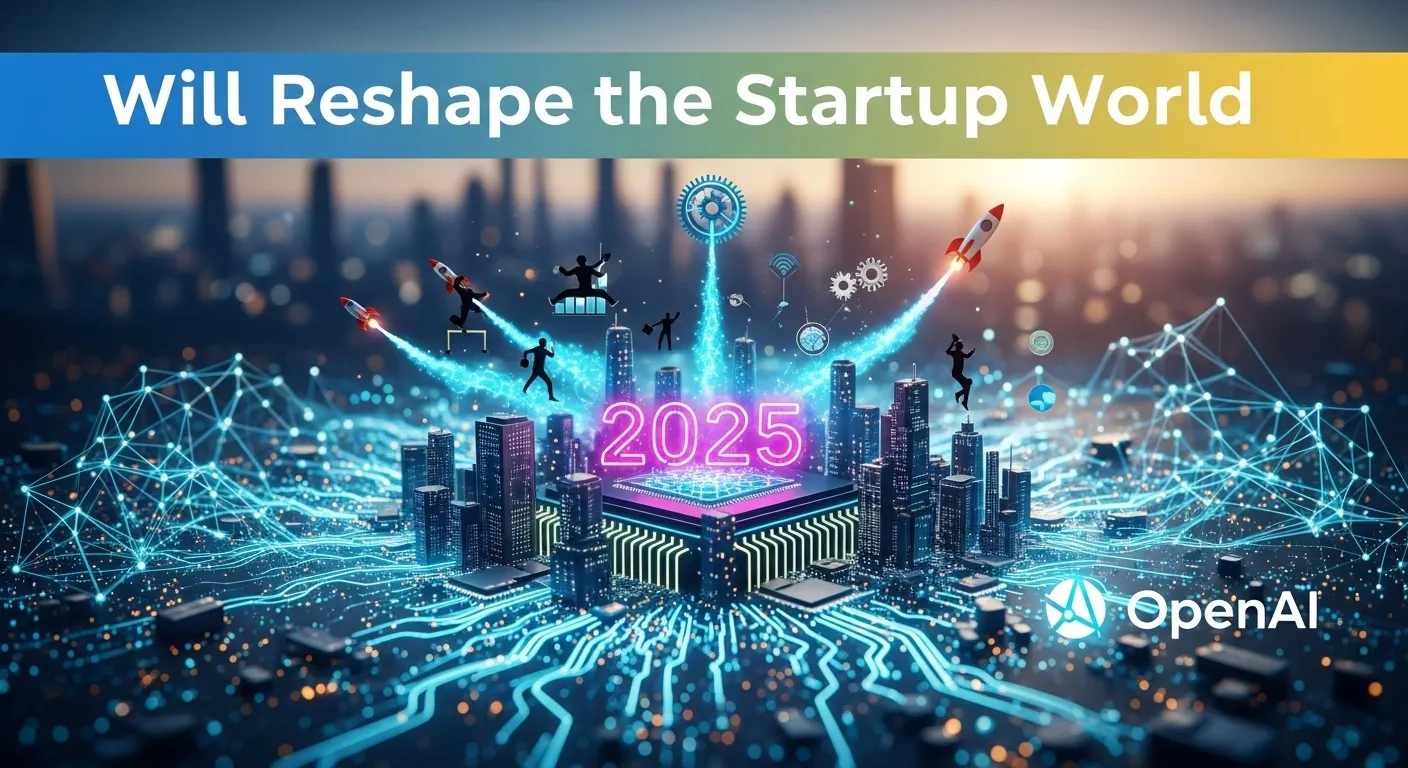The AI landscape is shifting faster than a Silicon Valley pivot. With OpenAI consistently dropping game-changing models, the startup ecosystem is bracing for impact. Here’s what’s coming—and how founders can ride the wave instead of getting wiped out.
What Are OpenAI’s Next Breakthroughs?
Think of OpenAI’s current models like smartphones before the App Store—impressive, but we haven’t seen the real revolution yet. The next wave likely includes reasoning models that can solve complex problems step-by-step, multimodal AI that seamlessly blends text, voice, and video, and agentic systems that can execute tasks autonomously. These aren’t just incremental improvements—they’re foundational shifts that could make today’s AI look like dial-up internet.
How They’ll Disrupt Industries
The disruption will hit like dominoes across multiple sectors. In healthcare, AI agents could handle preliminary diagnoses and patient triage. Legal tech might see contract review reduced from hours to seconds. Education could get personalized tutors for every student. The common thread? Tasks that currently require human expertise are becoming automated at unprecedented scale and accuracy.
Opportunities for Startups
- Vertical AI Solutions — While big tech focuses on general models, startups can dominate specific industries with tailored applications
- AI-Native Products — Build from the ground up with AI as the core, not just an add-on feature
- Enterprise Integration — Help larger companies adopt and implement these new capabilities safely
- Edge Cases & Niches — Solve problems too specialized for generalized AI models to handle effectively
Costs & Access Challenges
The economics of AI are shifting dramatically. While API costs are dropping, the computational requirements for cutting-edge models are skyrocketing. Startups face a dual challenge: accessing expensive infrastructure while competing with well-funded incumbents. The smart play? Focus on applications where you can create disproportionate value relative to API costs, or build moats through unique data and domain expertise.
Silicon Valley vs Global Scene
While Silicon Valley remains the epicenter of AI funding and talent, we’re seeing fascinating global patterns emerge. European startups are leading in AI ethics and regulation-compliant solutions. Asian markets are dominating manufacturing and hardware integration. Latin America is seeing explosive growth in AI-powered fintech. The lesson? Your location matters less than your ability to identify and serve specific market needs that larger players overlook.
OpenAI vs Open-Source Alternatives
- OpenAI’s Models — Best-in-class performance, reliable infrastructure, but you’re building on someone else’s platform with associated risks and costs
- Open-Source Alternatives — Greater control and customization, potentially lower long-term costs, but requires significant technical expertise to implement and maintain
- Hybrid Approach — Many successful startups use OpenAI for core features while building proprietary systems around them to create unique value
How to Prepare Your Startup
- Audit Your Tech Stack — Identify where AI could create 10x improvements in your operations or product offerings
- Build AI Literacy — Ensure your team understands both the capabilities and limitations of current and emerging AI technologies
- Start Small, Think Big — Implement pilot projects to test assumptions before committing to large-scale AI transformations
- Focus on Data Strategy — The quality and uniqueness of your data will increasingly become your competitive advantage
- Plan for Regulation — Build compliance and ethical considerations into your AI strategy from day one
FAQs
Will OpenAI’s advancements make startups obsolete?
Quite the opposite—they create new opportunities. While some existing business models may become obsolete, each breakthrough opens up entirely new categories of products and services that didn’t previously exist.
How much should startups budget for AI integration?
It varies wildly by use case, but successful AI startups typically allocate 20-40% of their tech budget to AI infrastructure and development. The key is starting with focused experiments rather than massive upfront investments.
What’s the biggest risk for startups betting on OpenAI’s technology?
Platform risk—building your entire business on technology you don’t control. The smartest founders maintain flexibility to switch models or approaches as the landscape evolves.
Bottom Line
OpenAI’s next breakthroughs will create more startup opportunities than they destroy—but only for those who understand the new rules of the game. The winners will be founders who can spot the gaps between what AI can do and what customers actually need. Ready to build the next big thing? The tools are coming—your job is to figure out how to use them better than anyone else.

